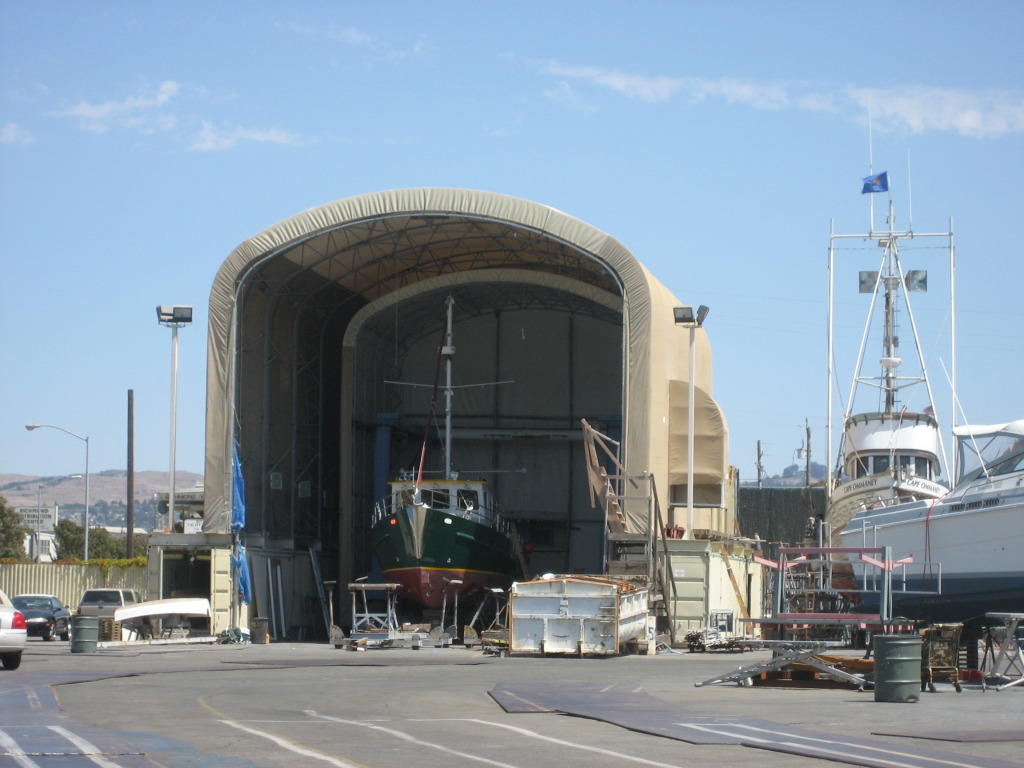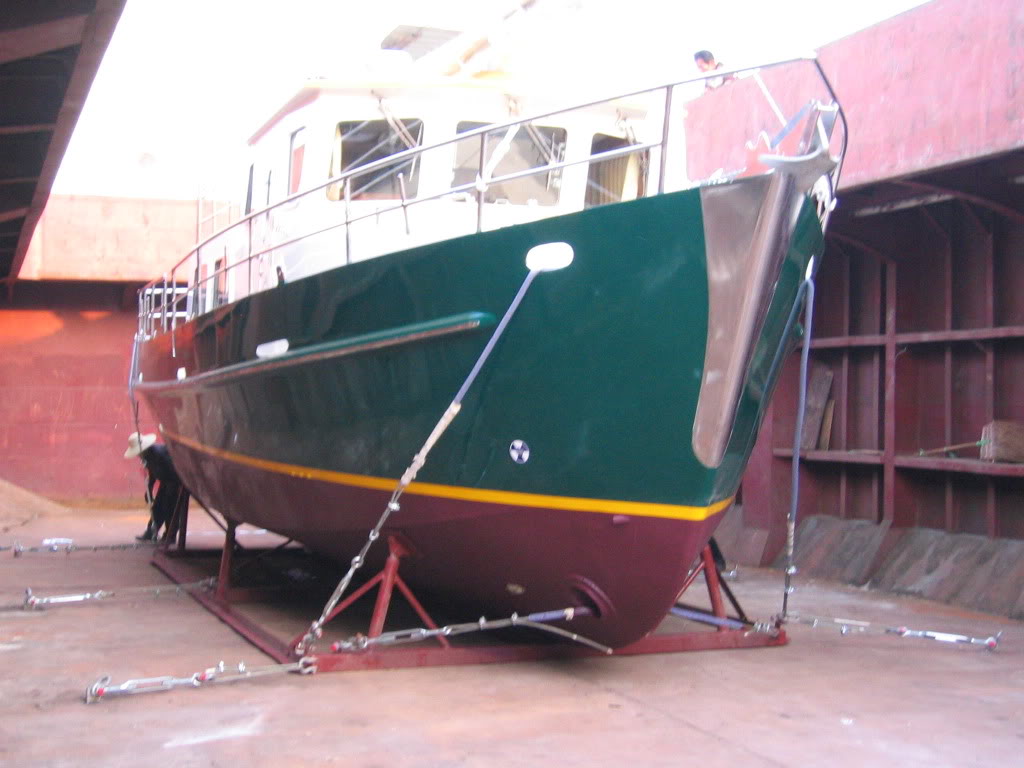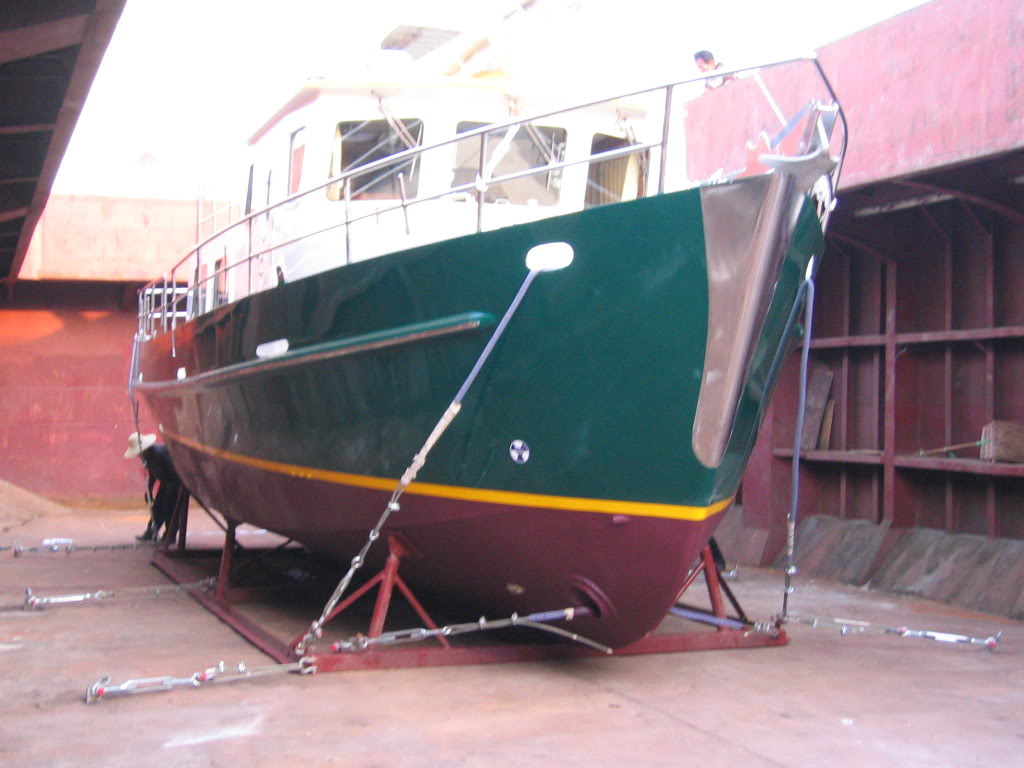May I suggest that you and your mate put on dancen shoes... Of course, "Sperry Stop Sliders" preferred for dancen aboard "Trawlers!" lol
Then get ready to dance on A LOT of power boats. Because... the really good and inexpensive pleasure cruisers (i.e trawlers) are few and far between. But, they do exist!
If you well understand mid sized power boats then you can self-do inexpensive (virtually no-cost) pre surveys on each boat. If you don't then maybe find someone who does (a friend?) and for reasonable cost agrees to take "quick peak" at boat(s) you really like; to see if cost of marine surveyor and marine mechanic is warranted.
Be sure you know size, style, power source(s), speed, hull type, interior layout, Master stateroom accommodations necessary, galley location, # of heads and beds... etc before you really go looking. Having full knowledge of what you seek reduces stress, quickens the search and usually improves the outcome.
Happy Boat Search Daze! - Art
Then get ready to dance on A LOT of power boats. Because... the really good and inexpensive pleasure cruisers (i.e trawlers) are few and far between. But, they do exist!
If you well understand mid sized power boats then you can self-do inexpensive (virtually no-cost) pre surveys on each boat. If you don't then maybe find someone who does (a friend?) and for reasonable cost agrees to take "quick peak" at boat(s) you really like; to see if cost of marine surveyor and marine mechanic is warranted.
Be sure you know size, style, power source(s), speed, hull type, interior layout, Master stateroom accommodations necessary, galley location, # of heads and beds... etc before you really go looking. Having full knowledge of what you seek reduces stress, quickens the search and usually improves the outcome.

Happy Boat Search Daze! - Art




 I think I take one more..
I think I take one more.. 